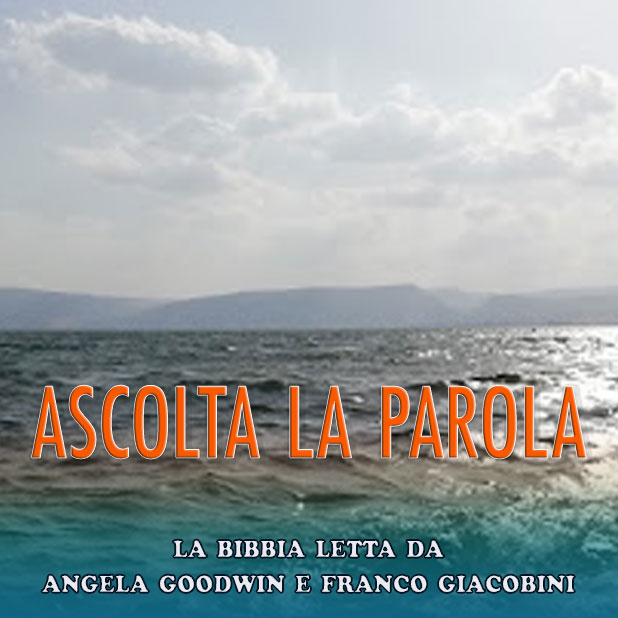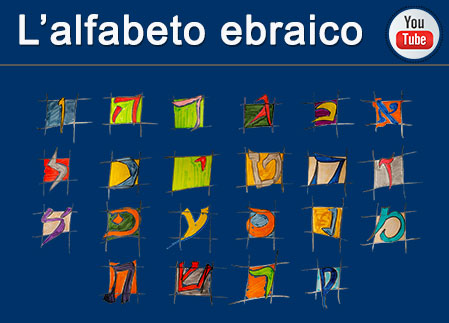Official delegations of Catholics and Jews
22/07/1986
Late in 1984 a small group of Discalced Carmelite Nuns went to live at Auschwitz, taking as their convent an unused theatre outside the actual concentration camp, but attached to its wall, where the gas cylinders used for the extermination of Jews and other victims during World War II were stored. The Nuns' aim was to live a life of prayer and penance in a spirit of peace and reconciliation.The presence of the Nuns aroused controversy in Jewish-Christian circles when it was learnt that plans were in hand to build a new convent on the site of this camp. Because of the significance of Auschwitz as being a symbol of the whole terrible experience of the Holocaust or Shoal, /or the Jewish people, many Jews were hurt that there had not been previous consultation. This was exacerbated by the fact that the aims of the Carmel were expressed in Christian terms without any reference to the meaning of Auschwitz for the Jewish soul.
Among the various negotiations which sought to resolve the question, we reproduce here the Declaration drawn up by an official group of European Catholics and Jews, meeting at Geneva on February 22, 1987. This is preceded by a first Declaration made on the occasion of the initial meeting of the group, July 22, 1986.
Nor were negotiations the only means taken to reach a happy conclusion to the conflict. A pilgrimage to Auschwitz took place on September 21, 1986, consisting of 145 Jews, many of them survivors of the death camps or survivors' children, and 45 Christians, including priests and religious. The pilgrimage consisted of a silent and prayerful walk through the grim reminders of this nadir of suffering and was concluded by a Declaration of Repentance, read in the name of the Christians present, by Fr. Bernard Dupuy, 0.P., Secretary of the French Bishops' Commission for Relations with Judaism.
This was not the only such pilgrimage. The Union of Former Deported Jews of Belgium, together with some Christian friends, including religious, 131 in all, came on March 26, 1986; then a group of 100 Catholic pilgrims, led by Cardinal B. Law of Boston, together with 4 Jewish representatives, came from the United States. A memorial service was led by Leonard Zakim, Director of the New England Office of A.D.L. of B'nai B'rith. (SIDIC Review, 1987/1)
I - July 22, 1986
To the women and men of our time, to those in time to come:
Zakhor — Remember!
The lonely sites of Auschwitz and Birkenau are recognized today as symbols of the Final Solution, under which title the Nazis carried out the extermination (known as the Shoah) of six million Jews, one and a half million of whom were children, simply because they were Jews.
They died abandoned by an indifferent world.
Let us bow our heads and, in the silence of our hearts, remember the Shoah.
May our silent prayer help us today and tomorrow to better respect the rights of others, of all others, to life, liberty and dignity.
Let us remember that all of those murdered at Auschwitz and Birkenau — Jews, Poles, Gypsies, Russian prisoners of war — could cry out each day in the words of the prophet Zephaniah (1:15):
A day of wrath is that day,
a day of distress and anguish, a day of ruin and devastation, a day of darkness and gloom,
a day of clouds and thick darkness.
Signatories:
Maitre Theo Klein, President of the "Conseil Representatif des Institutions Juives", France; President of the European Jewish Congress
Cardinal Albert Decourtray, Archbishop of Lyons Chief Rabbi Rene-Samuel Sirat, Chief Rabbi of France
Prof. Ady Steg, President of the "Alliance Israelite Universelle"
M. Markus Pardes, President of the "Comite des Organisations Juives" of Belgium
Prof. Tullia Zevi, President of the "Unione delle Comunità Israelitiche" of Italy
Cardinal Franciszek Macharski, Archbishop of Cracow Cardinal Godfried Danneels, Archbishop of Mechelen-Brussels
Cardinal Jean-Marie Lustiger, Archbishop of Paris
P. Stanislaw Musial, S.J., M. Jerzy Turowicz, members of the Polish Episcopal Commission for Relations with Judaism
II - February 22, 1987
Having recalled to mind the words of the Declaration of 22 July, 1986, recognizing that Auschwitz should remain for ever the site of the Shoah, which took place as a result of the Nazi determination to destroy the Jewish people in a unique, unthinkable and indescribable undertaking;
In a common desire to see respect for the memory of the dead in those places where the Nazi crimes were perpetrated, in particular the extermination of the vast majority of the Jewish communities in Europe;
Recalling this dramatic period which also demands remembrance of and profound respect for the sufferings undergone by the Polish nation at this time and in this place;
The undersigned solemnly agree on the following:
1. The Catholic delegation declares that, being keenly aware of its responsibility for future generations, it is committed to a project which will involve the European Churches in the creation of a Center for information, education, encounter and prayer.
2. This Center will be set up outside the boundaries of the camps at Auschwitz and Birkenau. With this intention, the European Catholic Churches have already been approached, as well as all those ready to support the project. The steps to be taken are:
a) to initiate discussion among the European Churches on the Shoah, as well as on the martyrdom of the Polish people and the other peoples of Europe, which arose out of the totalitarian violence existing during and at the end of the 1939-1945 war;
b) to combat disinformation about the Shoah, prevent it being reduced to the level of the commonplace or made a subject of Revisionism;
c) to receive groups of visitors to the camps and provide them with further information;
d) to promote Jewish-Christian dialogue.
3. The establishment of this Center constitutes both the continuation and the outcome of the commitments undertaken by the Meeting at Geneva on 22 July 1986.
This implies that the life of prayer begun by the Carmelites will take its rightful place in this new context, be ratified and assume its true meaning, while at the same time taking into account the legitimate sentiments expressed by the Jewish delegation. Thus there will be no permanent place of Catholic worship within the boundaries of the camps at Auschwitz and Birkenau. Each one will be able to meditate there according to personal feelings, religion and faith.
4. The Catholic delegation specifies that Cardinal Macharski will supervise the development of the project; bishops from other countries commit themselves to provide the means for it and to ensure it is completed within two years. Cardinal Macharski will keep President Theo Klein informed as to the progress of the project.
5. The Jewish delegation subscribes to the above commitments made by the Catholic delegation.
6. The two delegations arc conscious of having conducted their dialogue in accordance with their common desire:
— to stress the unique position of the Shoah in the Hitlerian tragedy which so harshly affected the peoples of Europe, especially the Polish people;
— to see that the identity and faith of every man and woman he respected, both during their lifetime and in the place of their death.
Signed by the same delegates whose names appear after the First Declaration, with the addition of the following:
Dr. Gerhardt Riegner, representing the International
Jewish Committee for Inter-religious Consultations
M. Sam Hoffenberg, Permanent Delegate of the International Council of B'nai B'rith
Dr. E.L. Ehrlich, B'nai B'rith, Europe
M. Georges Schneck, President of the "Consistoire Israelite" of Belgium
Bishop Kasimierz Gorny, Auxiliary Bishop of Cracow
P. Bernard Dupuy, O.P., P. Jean Dujardin, Superior General of the "Oratoirc" of France, members of the "Comite Episcopal Francais pour les relations avec le Judaïsme".
554 visualizzazioni.
Inserito 01/01/1970
Relazioni Ebraico-Cristiane
Ultime novità nel sito
- 19/04/2020: Articolo - L’enigma della Maddalena
- 23/02/2020: Articolo - Il locus amoenus nelle catacombe ebraiche e cristiane di Roma
- 16/02/2020: Articolo - Il profetismo nel Vicino Oriente antico
- 13/02/2020: Articolo - I Profeti della Cappella Sistina
- 09/02/2020: Articolo - Gerusalemme e la Terra Santa di Israele


